The Batwa people were originally hunter-gatherers who lived in the forests of Central Africa’s Great Lakes region for countless generations. They were the first people to call these forests home. In 1991, the Bwindi and Mgahinga National Parks were created to protect endangered mountain gorillas.
This unfortunately resulted in the Batwa being evicted from their ancestral home in 1992. With the forest now a protected area, the Batwa way of life was no longer possible. Forced to leave the environment they knew best, the Batwa became refugees of conservation. Their traditional skills for finding food and shelter were no longer useful in this new world, and they faced hardship.
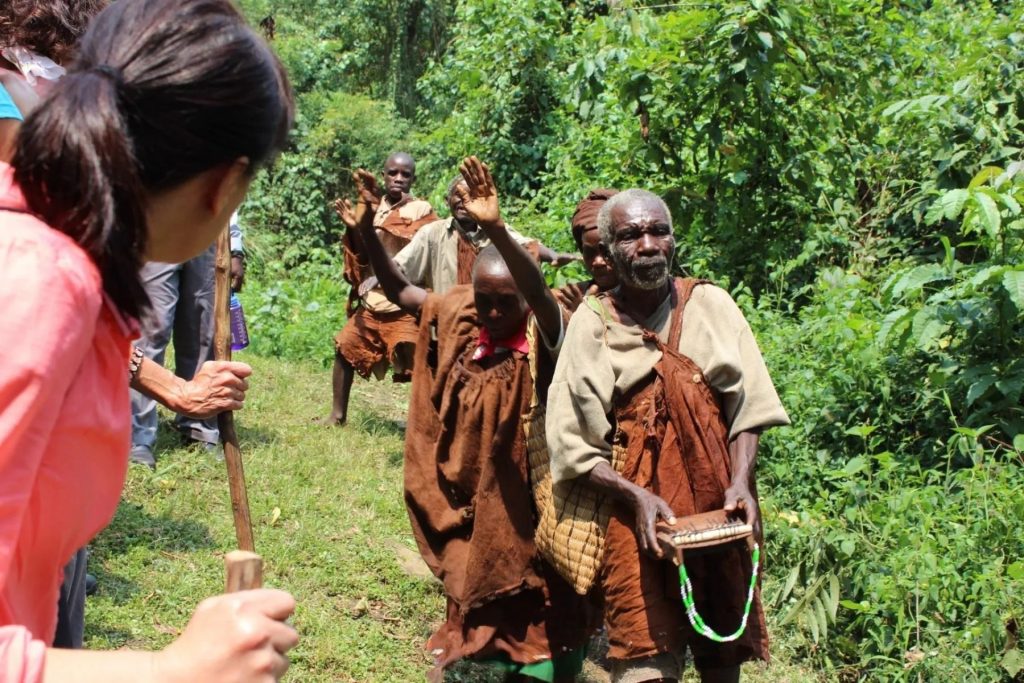
Who are the Batwa?
The Batwa are people with a deep history, considered the first inhabitants of the rainforests in Rwanda, Uganda, and Burundi. For over 500,000 years, they lived as hunter-gatherers, existing in harmony with the forest. They had a profound respect for their environment, taking only what they needed and leaving a minimal footprint. Their traditional way of life involved no farming, livestock, or deforestation.
Unfortunately, in the 1990s, the Batwa were evicted from their ancestral homelands when the rainforests became national parks. This forced displacement disrupted their way of life and left them struggling to adapt. Their skills for survival in the forest no longer applied, and they faced hardship.
Despite these challenges, the Batwa hold onto their rich culture and traditions. Their creation story reflects their deep connection to the forest. They are skilled trackers and have a deep understanding of the forest ecosystem.
Visiting the Batwa can help preserve their culture and traditions. It also provides them with income and infrastructure, supporting these resilient people who were the original caretakers of the forest.
It’s important to clarify misconceptions. The Batwa have co-existed peacefully with gorillas for centuries. Any gorilla hunting attributed to them likely happened after their eviction, driven by external pressures.
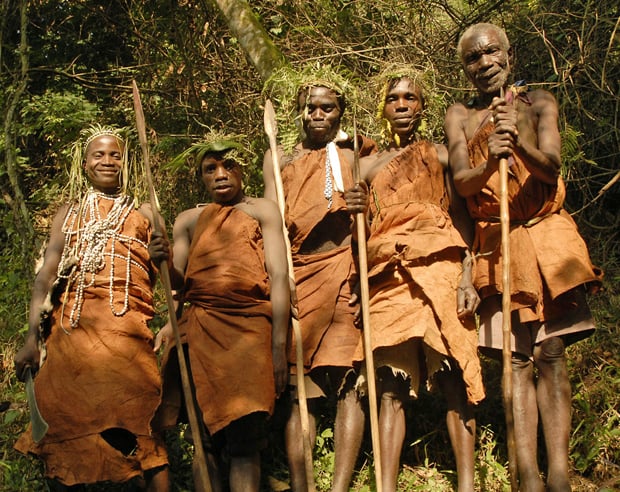
How the Batwas live today
The creation of Mgahinga and Bwindi National Parks in 1991, intended to protect wildlife and mountain gorillas, had a devastating impact on the Batwa people. They were the forest’s original inhabitants and stewards, living in harmony with the land for centuries. However, the Batwa were excluded from decision-making and received no compensation when evicted.
This forced displacement left the Batwa landless and struggling. Many became squatters or resorted to begging, manual labor, or even prostitution to survive. Their traditional way of life, which included sustainable hunting and gathering, became impossible.
The Batwa face discrimination and are blamed for poaching, despite being the forest’s historical protectors. Ironically, neighboring farmers who previously contributed to deforestation received compensation and land rights, while the Batwa were left with nothing.
Driven by desperation and a lack of alternative protein sources, some Batwa now resort to illegal hunting within the park. The forest also holds deep cultural significance for them.
Thankfully, in 2001, medical missionaries came to the Batwa’s aid. They provided land, built essential facilities like schools and hospitals, and established income-generating programs. These efforts offer a beacon of hope for the Batwa’s future.
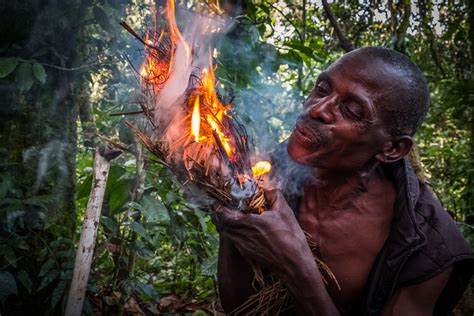
Promoting Batwa culture
The Batwa Development Program (BDP) is a crucial initiative working alongside the Batwa community. Their goals are twofold:
1. Protecting Indigenous Rights: The BDP strives to ensure the Batwa’s traditional rights are respected and acknowledged.
2. Sharing the Benefits: The program advocates for the Batwa to gain some advantages from the park’s status as a tourist destination.
Currently, most Batwa live as squatters. They build basic shelters and engage in small-scale farming on borrowed land, often in exchange for manual labor. This is a far cry from their past self-sufficiency in the forest.
While some NGOs have purchased land for resettlement, many Batwa remain squatters. This lack of secure housing and landownership makes it difficult for them to build a stable future.
Despite their struggles, the Batwa are known for their energy and hard work, especially valued in manual labor. However, this doesn’t address the root cause of their situation – the loss of their traditional way of life.
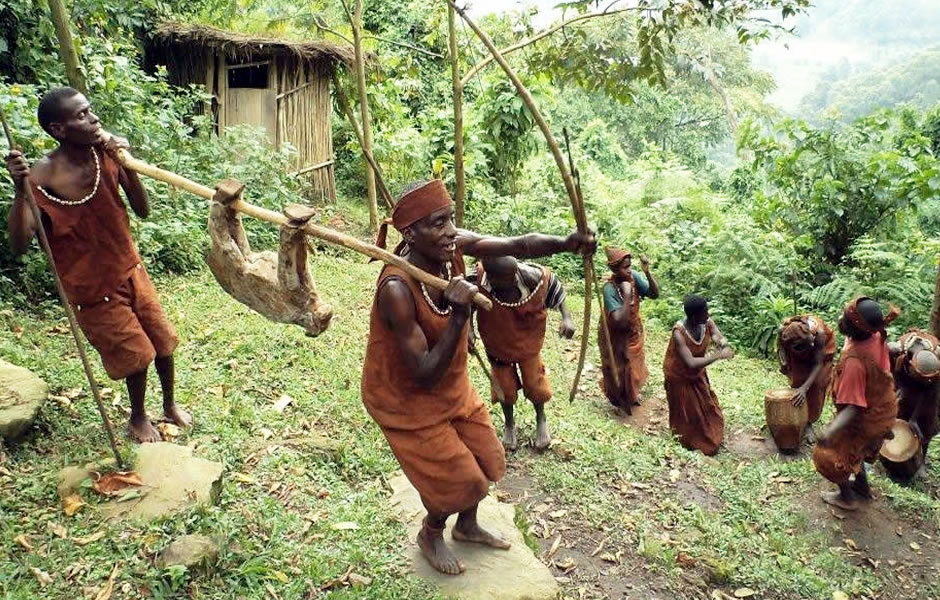
Visiting the Batwa trail offers a unique opportunity to witness a culture deeply intertwined with the forest. Your visit directly contributes to the Batwa community through tourism funds managed by the Batwa Development Program. These funds are used for initiatives like education, healthcare, and income generation projects, empowering the Batwa to build a brighter future.
By choosing the Batwa trail, you’re not just a tourist, you’re a part of the solution. Together, we can ensure the Batwa people, the original caretakers of the forest, can thrive alongside the wildlife they revere.

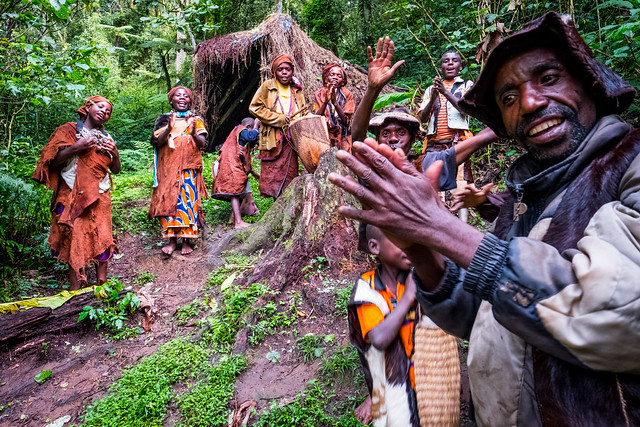
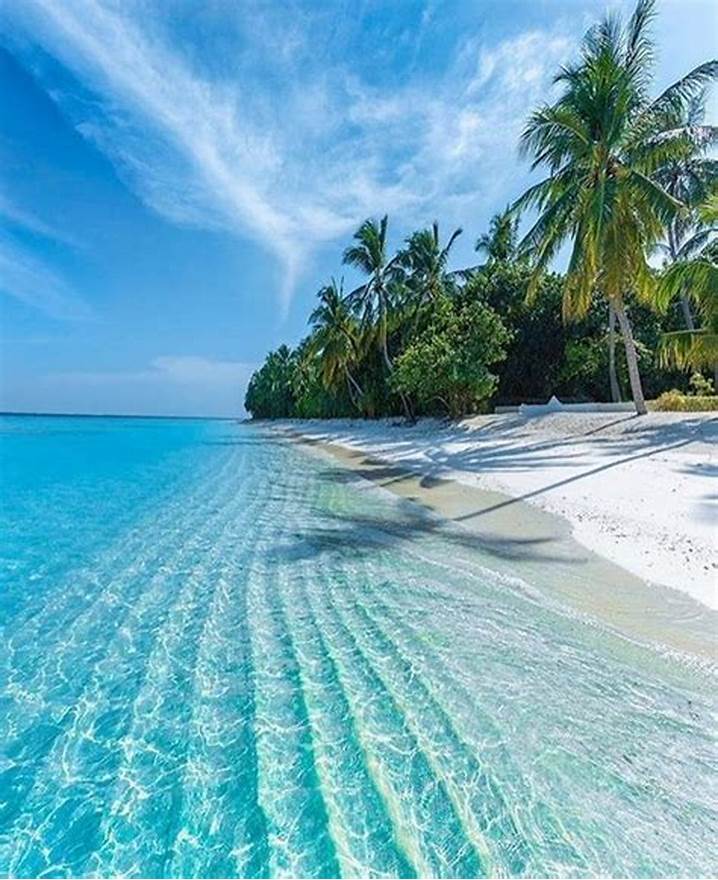

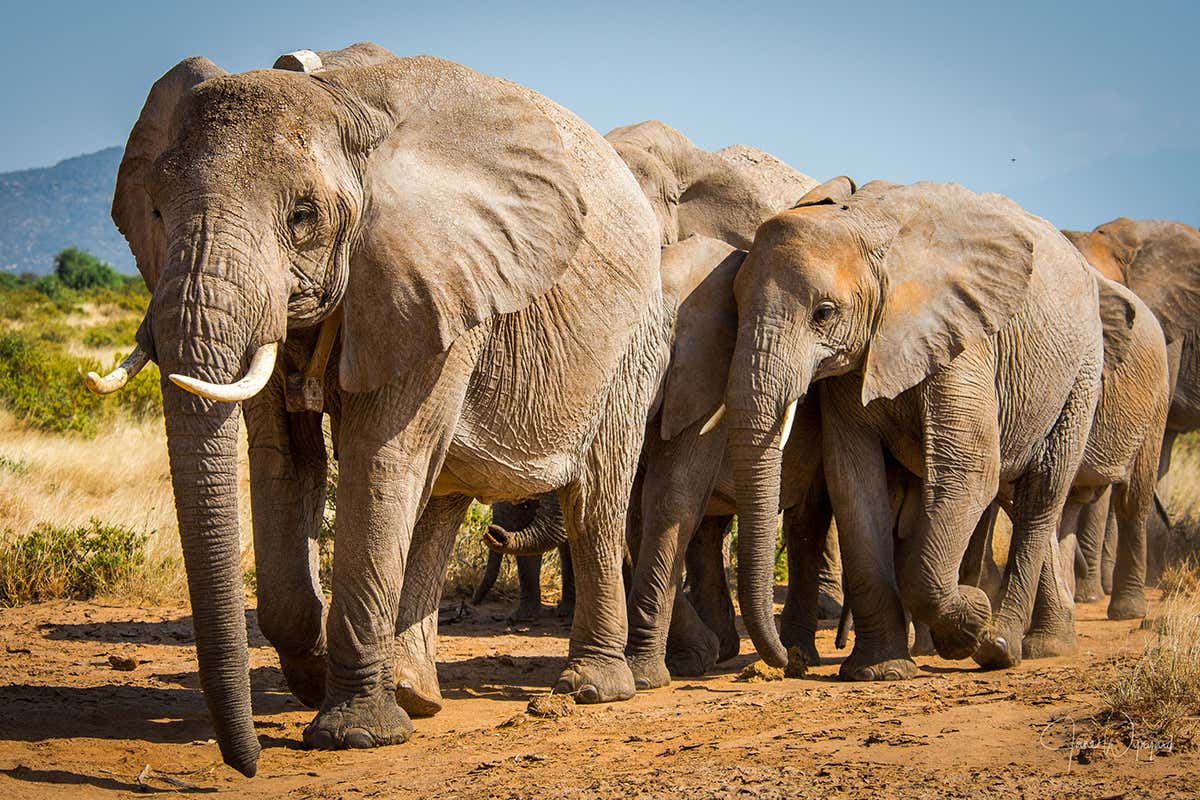
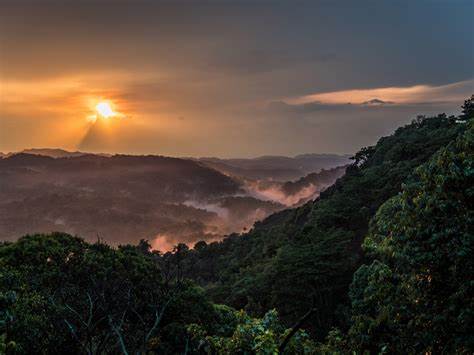
Индивидуалки — это уникальные личности, которые ценят свою автономию.
Они отдают предпочтение к осознанному подходу в жизни.
Такие девушки часто обладают четким характером и четкими жизненными ценностями.
Они смело показывать свои мысли.
https://donetsk.spaxam.net/
Общение с ними нередко получается глубоким.
Они стремятся воспринимать собеседника и выстраивать настоящие отношения.
Такие девушки вдохновляют окружающих своей аутентичностью.
Они следуют своим курсом, не подстраиваясь под чужие ожидания.
Современные онлайн-сервисы для мониторинга источников становятся всё более популярными.
Они помогают собирать доступные данные из разных источников.
Такие решения используются для журналистики.
Они могут точно анализировать большие объёмы данных.
глаз бога пробить данные по телефону
Это помогает создать более объективную картину событий.
Многие системы также включают инструменты фильтрации.
Такие боты популярны среди исследователей.
Совершенствование технологий превращает поиск информации эффективным и быстрым.
Swerte, eh? Heard some folks talkin’ about it. Anybody else had any luck there? Thinking of throwin’ a few bucks in to see what’s up. Find your luck here: swerte
Bonoclubmx, what’s that about? Looks like some kind of bonus club for Mexicans. Read the fine print, just sayin’. Check it if that’s you: bonoclubmx
Beyond Memories offers heartfelt memorial solutions, converting ashes into radiant crystals and jewelry that symbolize eternal love, cherished memories, and enduring emotional bonds across generations.
“Garage Door Repair Bellaire offers expert repair and installation services for residential and commercial garage doors. Our skilled technicians ensure fast, reliable, and affordable solutions, keeping your doors safe, functional, and smooth-operating. Satisfaction guaranteed every time.”
hellowin https://www.sayhellowin.org
Thanks for sharing. I read many of your blog posts, cool, your blog is very good.